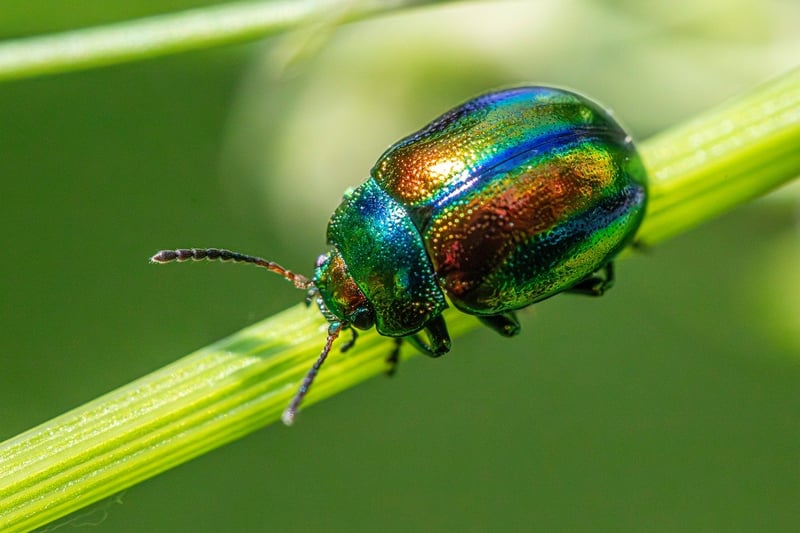Pest Control Strategies
Caring for Vertical Gardens + Pest Control Strategies
Introduction to Vertical Gardens
Vertical gardens, also known as living walls, are a great way to bring greenery into urban spaces, both indoors and outdoors. They not only add beauty to the surroundings but also provide numerous benefits such as improved air quality, noise reduction, and a sense of well-being.
Caring for Your Vertical Garden
Proper maintenance is essential to ensure the health and longevity of your vertical garden. Here are some tips to help you care for your vertical garden:
1. Watering
Water your vertical garden regularly, ensuring that the plants receive adequate moisture. The frequency of watering may vary depending on the plant species and environmental conditions.
2. Pruning
Regularly prune your plants to promote healthy growth and maintain the desired shape of your vertical garden. Remove any dead or yellowing leaves to prevent disease spread.
3. Fertilizing
Provide your plants with the necessary nutrients by fertilizing them regularly. Choose a suitable fertilizer based on the plant's requirements and follow the instructions for application.
4. Light Exposure
Ensure that your vertical garden receives adequate sunlight or artificial light, depending on the plant species. Monitor the light exposure to prevent your plants from getting scorched or deprived of light.
Pest Control Strategies for Vertical Gardens
Dealing with pests is a common challenge in maintaining a healthy vertical garden. Here are some effective pest control strategies:
1. Natural Predators
Introduce beneficial insects like ladybugs or lacewings that feed on common garden pests such as aphids and mites. They can help keep pest populations in check without the need for chemical pesticides.
2. Neem Oil
Neem oil is a natural pesticide that can be used to control a variety of pests. Dilute neem oil according to the instructions and spray it on the affected plants to deter pests effectively.
3. Soap Solution
A mild soap solution can be an effective remedy for pests like spider mites and aphids. Mix a small amount of liquid soap with water and spray it on the plants to suffocate and eliminate the pests.
4. Diatomaceous Earth
Diatomaceous earth is a natural substance that can be sprinkled around the base of your vertical garden to create a barrier against crawling insects. It works by dehydrating the pests and is safe for plants.
Conclusion
By following proper care techniques and implementing effective pest control strategies, you can ensure the health and beauty of your vertical garden. Regular monitoring and timely interventions are key to maintaining a thriving living wall that enhances your space.

Explore more vertical garden ideas and tips on The Spruce.
